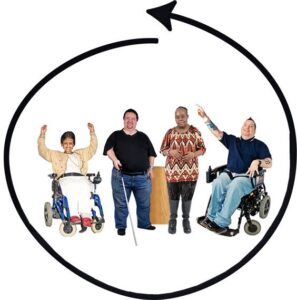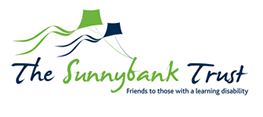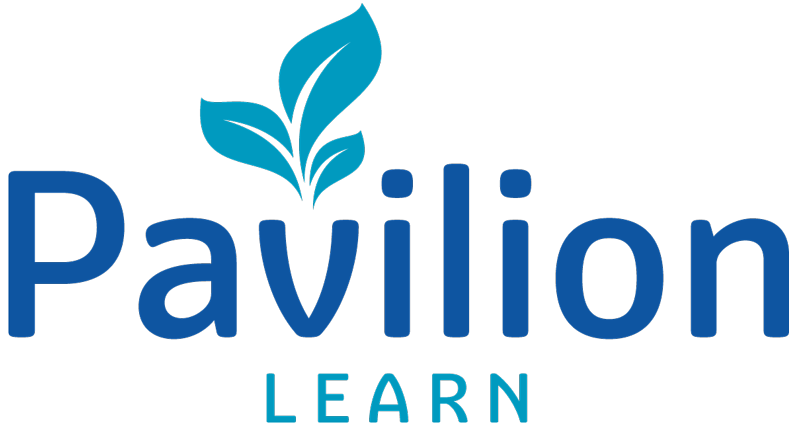Description:
As we approach the end of 2020, we never anticipated we wouldn’t be able to celebrate Learning Disability Today London’s 20th anniversary. No busy exhibition floor, no visitors in full seminar rooms listening to respected voices in the sector. But we couldn’t let 2020 pass by without interacting with you.
This year we are offering you virtual sessions over several days commencing on the 24th November. We thought long and hard on an overarching theme, but decided it would be best to offer you practical sessions on what you have been looking at on our website and books you have been purchasing throughout the year. We will of course start with the panel debate which will cover the challenges for services and the people they care for during the COVID pandemic. Plus keeping busy and connected, relationships and trauma informed care.
All of us at Learning Disability Today hope you can join us and be part of an educational and inspiring virtual event. The Learning Disability Team – we will see you all again at the ILEC conference centre in December 2021.
Session and speaker list
- Session 1
- Session 2
- Session 3
- Session 4
- Session 5
Session 1– 24 November 11.00 to 12.15
Challenges for Learning Disability Services during the COVID pandemic
Coping with the pandemic is challenging for all of us, but this is particularly true for people with a learning disability, who may not understand why certain changes are happening, and who may have even less choice and control over their lives than usual. We need to understand how loss of contact with family and friends, day services, respite, voluntary roles or employment, and grief is affecting the emotional wellbeing of this group.
DEBATE PANEL
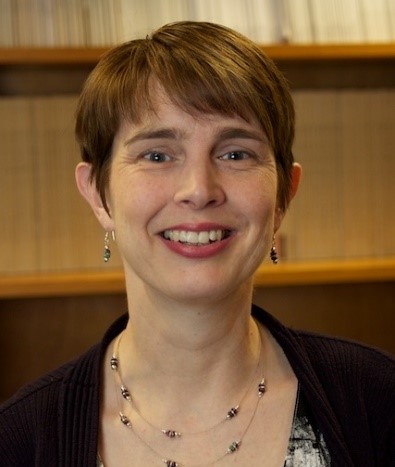
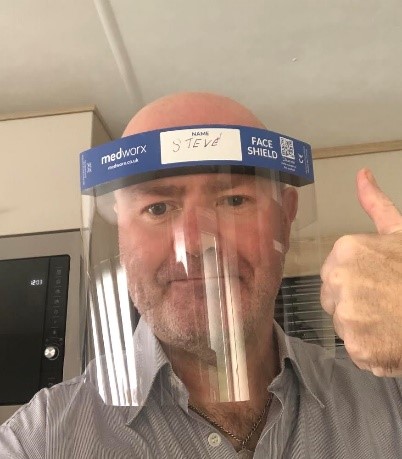
Julie is a Professor in Intellectual and Developmental Disabilities at Kent and Professor in Disability at La Trobe University, Australia. Professor Beadle-Brown completed her Masters in French and Pschology and PhD at the University of St Andrews, Scotland. Her PhD focused on imitation, theory of mind and play in autistic children and adults.
In 1998 Julie was appointed as Lecturer in Learning Disability to teach on the Service Issues and Research Methods modules of a newly developed MSc in Analysis and Intervention in Learning Disability. Since then, she has played a key role in developing the use of e-learning and distance learning at the Tizard Centre and has developed new programmes in Autism Studies at both undergraduate and postgraduate level.
I am dedicated to improving the health and quality of life of people with learning disabilities and the continued development and the strengthening of this branch of nursing.
My clinical experience has included both the mental and physical health of adults in prevention, promoting the public health agenda and multi-faceted and multi-disciplinary interventions. I have a proven track record across a number of areas which include: developing and delivering high quality levels of service in clinical practice, education and development, leadership and consultancy, service development and evaluation. I have worked in three NHS Trusts in both clinical and education roles and have worked both home and abroad to develop and improve services.

Sam has worked in several places supporting people to live independently. Sam learnt a lot about communities and how to get involved in making communities and people’s lives better.
Sam is passionate about the contribution we all can make being valued & recognised & is always looking for opportunities to collaborate with & learn from other people.
Session 2 — 25 November 14.00 to 15.15
Supporting people with learning disabilities to keep busy, connect and learn.
Covid-19 has significantly restricted community opportunities for people. Individuals, their families and supporters have needed to revisit ways to make life more interesting at home. Feedback from our specialist personal development community courses praises how well we engage people in meaningful activity and adapt what we do to meet individual need.
We aim to share our learning and reflect on how our approach can be used in people’s homes. Our focus is on practical activities and how we as supporters can best use our knowledge and skills to maximise engagement, achievement, and enjoyment.
We hope the webinar will also inspire people to share their own ideas and tips to make life more interesting for us all.
SPEAKERS
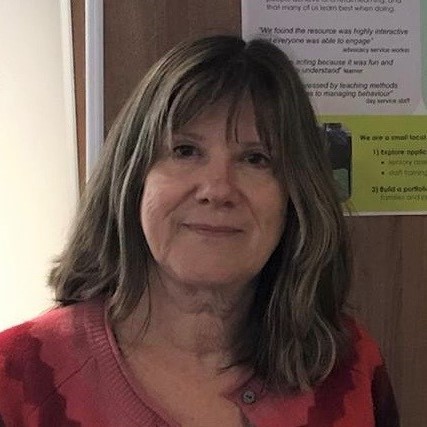
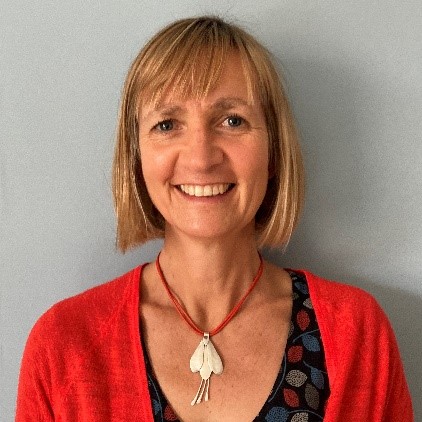
Director of a-2-e, a social enterprise delivering flexible approaches to engagement since 2005. 30 years’ experience as a manager, practioner and family carer
Teresa has 30 years’ experience of supporting, teaching and advocating with people with learning disabilities, autism and other communication needs
Together they are driven by a commitment to enable people to be understood and to achieve their greatest level of self-esteem, understanding, self-expression, choice and confidence
Session 3 — 30 November 16.00 to 17.15
Sex and Relationships Education for Young People and Adults with Intellectual Disabilities and Autism
The session will introduce you to some research we carried out to investigate how experts working in this area thought sex and relationship education needed to be adapted for people with learning disabilities and autism. We will present some of the areas where there was agreement about the focus of these adaptions and how they can be made in practice. Then we will give some consideration to the impact of the Covid virus, and how this might impact on practice in this area. Finally, there will be some time to ask any questions you may have.
SPEAKERS
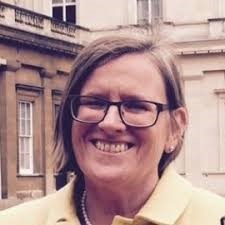
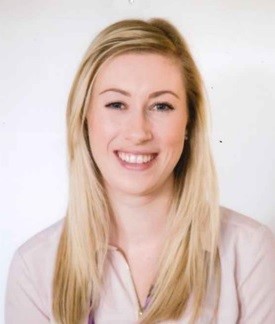
Professor Burns is a Professor of Clinical Psychology at Canterbury Christ Church University, UK. Professor Burns has worked as a clinical psychologist with people with intellectual disabilities in the NHS and has carried out research in this area throughout her career. Prof Burns has previously been the programme Director for the Salomons Institute Doctorate in Clinical Psychology and has contributed to the development of the profession in the UK.
Kelly is a Clinical Psychologist who completed her clinical psychology doctoral training at the Salomons Centre for Applied Psychology, Canterbury Christ Church University, in 2017. Her doctoral thesis focused on how sex and relationships education can be adapted for people with both intellectual disabilities and autism. She has worked in various NHS services for both children and adults with intellectual disabilities and autism, and more recently in perinatal mental health services. Her interests in the areas of intellectual disabilities and autism relate to sexuality, relationships and positive behaviour support.
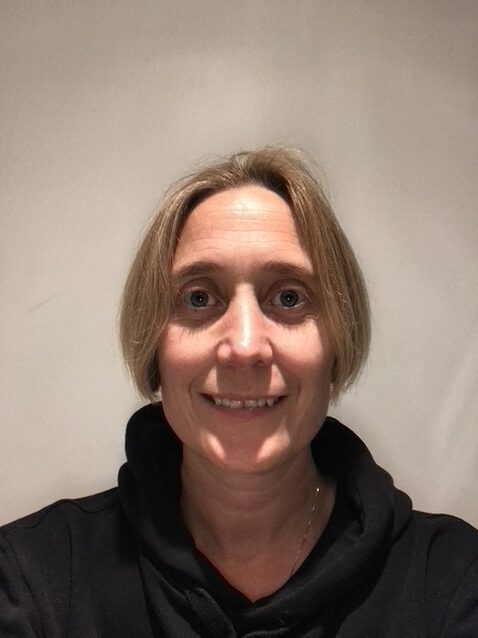
Sophie is a Clinical Psychologist with over 20 years NHS experience working with people with learning disability and their supporters. Additional training in Non-Violent Resistance, Systemic practice and Intensive Interaction. Experience of project management, supervision and leadership.
Currently Chair of the British Psychological Society’s Faculty for People with Intellectual Disabilities and Editor of The Bulletin.
Session 4 — 1 December 14.00 to 15.15
Trauma-informed Care and Intellectual Disability
The session covers the main topics of trauma-informed care via the theoretical positions of key researchers who have worked in either the field of psychotherapy or disability or both. It brings together these bodies of knowledge so that support staff can identify stages of emotional development and plan interventions for the benefit of the person with intellectual disabilities.
SPEAKERS
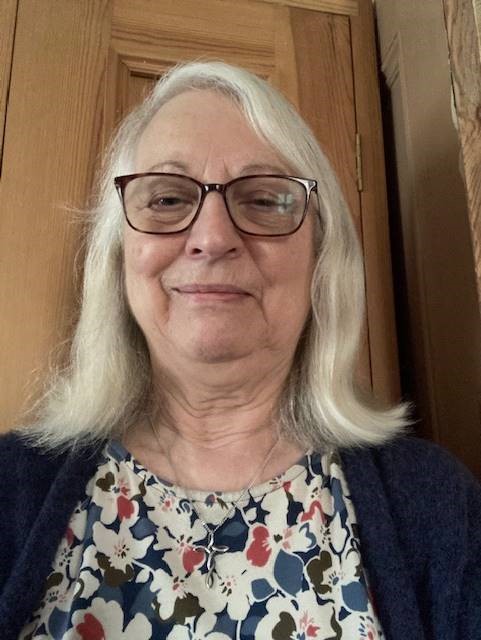
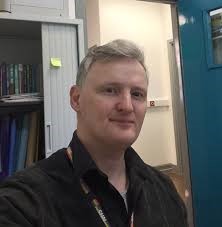
Dr Pat Frankish is a clinical psychologist with many years of experience in the field of disability and psychotherapy. Her early life was spent living on the grounds of a long-stay hospital where her parents worked. Even as a child she knew that things could be better for the people she knew. After later working in the hospital and meeting a clinical psychologist she secured a University place and then went on to train as a Clinical Psychologist. During her training, she also followed a course of study in psychodynamic psychotherapy. Her career has followed a path of bringing these two areas together and has written several publications on trauma informed practice for staff and parents.
Allan has consistently advocated for government policy and health & social care services to acknowledge the unacceptable rates of maltreatment endured by people with intellectual disabilities, and to address this by enhanced protection and support, especially to the importance of emotional security as described in Attachment Theory
Session 5 — 9 December 15.00 to 16.15
Sunnybank trust
How We Beat the Lockdown Blues.
The Sunnybank Trust share practical ways of how to develop online activities and engage with adults with learning disabilities and how they provide an inclusive radio show for the learning disability community.
SPEAKERS
Dorothy Watson – CEO
Jon Andrews – The Sunny Sessions
Jovi Edwards – Choices Officer
Martin Bell – Sunnybank Ambassador
